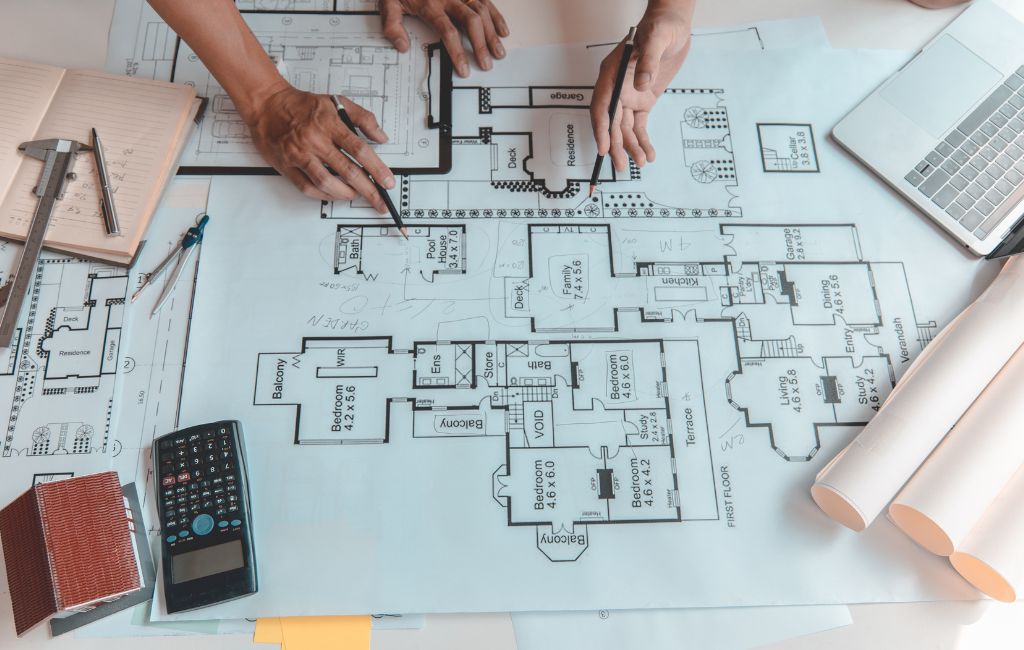Top 10 Skills Every Architect Needs to Succeed in 2024
As the architectural profession continues to evolve, the skills required to excel in this field are also changing. With advancements in technology, shifts in design philosophy, and increasing environmental concerns, architects must adapt to stay relevant. This article explores the top 10 skills that architects need to thrive in 2024, providing insights and examples to illustrate their importance.
1. Sustainable Design Expertise
With growing awareness of climate change and environmental impact, sustainable design has become a priority. Architects must integrate eco-friendly practices into their projects, focusing on energy efficiency, resource conservation, and minimal environmental impact. For instance, the Bullitt Center in Seattle is a prime example of sustainable architecture, featuring solar panels, rainwater harvesting, and composting toilets.
- Understanding of green building certifications like LEED and BREEAM
- Knowledge of sustainable materials and construction methods
- Ability to design for energy efficiency and reduced carbon footprint
2. Proficiency in Building Information Modeling (BIM)
BIM has revolutionized the way architects design and manage projects. This digital representation of a building’s physical and functional characteristics allows for better collaboration and efficiency. Architects proficient in BIM can create more accurate models, detect potential issues early, and streamline the construction process.
- Experience with software like Revit, ArchiCAD, or Vectorworks
- Ability to collaborate with engineers and contractors using BIM
- Skills in 3D modeling and visualization
3. Strong Communication Skills
Effective communication is key in architecture, as architects must convey complex ideas to clients, contractors, and team members. Clear communication ensures that everyone involved in a project understands the vision and goals, reducing the risk of misunderstandings and errors.
- Ability to present ideas clearly and persuasively
- Strong writing skills for reports and documentation
- Active listening to understand client needs and feedback
4. Creative Problem-Solving
Architects often face unique challenges that require innovative solutions. Whether it’s designing within budget constraints or addressing site-specific issues, creative problem-solving is essential. The High Line in New York City is an example of creative reuse, transforming an abandoned railway into a vibrant public park.
- Ability to think outside traditional design paradigms
- Flexibility to adapt to changing project requirements
- Resourcefulness in finding cost-effective solutions
5. Technical Proficiency
Architects must possess a strong technical foundation to create safe and functional designs. This includes understanding structural principles, building codes, and construction techniques. Technical proficiency ensures that designs are not only aesthetically pleasing but also structurally sound.
- Knowledge of engineering principles and construction methods
- Familiarity with building codes and regulations
- Ability to conduct site analysis and feasibility studies
6. Project Management Skills
Managing architectural projects requires a blend of organizational and leadership skills. Architects must oversee timelines, budgets, and resources while coordinating with various stakeholders. Effective project management ensures that projects are completed on time and within budget.
- Experience with project management software like Primavera or MS Project
- Ability to lead and motivate project teams
- Skills in budgeting and resource allocation
7. Cultural and Historical Awareness
Understanding the cultural and historical context of a project site can enhance the design’s relevance and acceptance. Architects should consider local traditions, historical landmarks, and community values when designing. The Louvre Pyramid in Paris is an example of blending modern design with historical context.
- Research skills to gather cultural and historical data
- Sensitivity to cultural diversity and heritage
- Ability to incorporate local elements into design
8. Adaptability to Technological Advancements
Technology is rapidly changing the architectural landscape, with new tools and techniques emerging regularly. Architects must stay updated with these advancements to remain competitive. Virtual reality, for example, is being used to create immersive design experiences for clients.
- Willingness to learn and adopt new technologies
- Experience with emerging tools like VR and AR
- Ability to integrate technology into design processes
9. Business Acumen
Architects often work closely with clients and stakeholders, requiring a solid understanding of business principles. This includes financial literacy, marketing skills, and client relationship management. Architects with business acumen can better navigate the commercial aspects of their projects.
- Understanding of financial principles and budgeting
- Skills in marketing and client engagement
- Ability to negotiate contracts and manage client expectations
10. Lifelong Learning and Professional Development
The architectural profession is ever-evolving, making continuous learning a necessity. Architects should pursue ongoing education and professional development to stay current with industry trends and best practices. This commitment to learning can lead to career advancement and personal growth.
- Participation in workshops, seminars, and conferences
- Engagement with professional organizations and networks
- Pursuit of certifications and advanced degrees
Conclusion
In 2024, architects will need a diverse set of skills to succeed in a dynamic and challenging environment. From sustainable design and BIM proficiency to strong communication and business acumen, these skills will enable architects to create innovative, functional, and impactful designs. By embracing lifelong learning and adapting to technological advancements, architects can continue to thrive and shape the future of the built environment.
